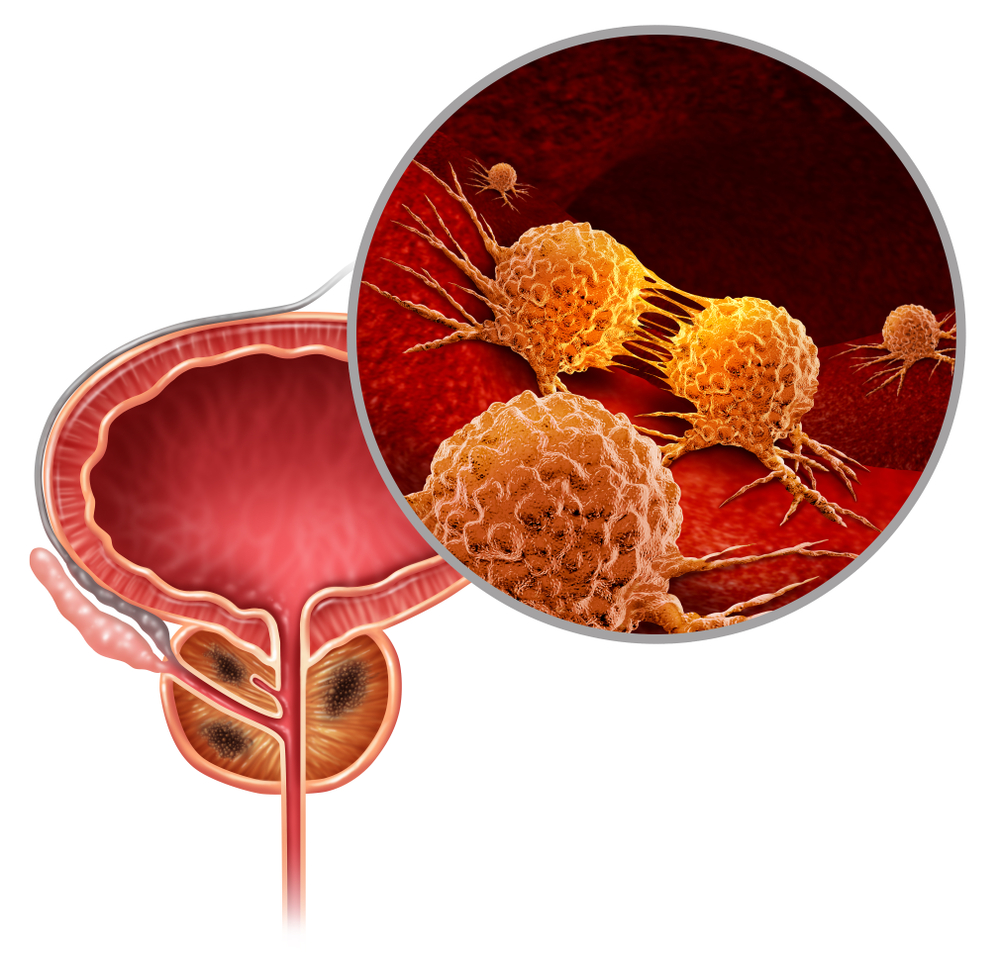
What is it?
Benign prostatic hypertrophy (BPH), also known as benign prostatic hyperplasia, is a non-cancerous enlargement of the prostate, a small gland that encircles the urethra in males and produces a fluid that makes up part of semen. As the volume of the prostate increases, it can put pressure on the urethra, causing a slowdown in the urine stream, hesitancy in urinating, a frequent and urgent need to urinate, and sometimes dribbling of urine at the end of the flow. It can also cause urine retention, which can weaken the bladder muscle and increase the risk of developing a urinary tract infection (UTI) or kidney stones. In severe cases of BPH, urine may back up into and damage the kidneys. Rarely, BPH may prevent a man from urinating at all, a situation that requires immediate medical attention. BPH can also affect sexual functioning, leading to reduced sexual ability, painful orgasm, and impotence.
Signs and symptoms
The type and severity of symptoms experienced will vary from man to man and may vary over time. For many men, BPH never progresses beyond a minor to moderate annoyance; for others, it may represent a significant challenge to their quality of life. BPH becomes a very common condition in men as they age. According to the National Association for Continence, about 50% of men will have some degree of BPH by the time they are 60 years old, and up to 90% will be affected by age 85. While BPH does not cause prostate cancer, both may be found together.
Tests and treatment
Tests
Evaluation for BPH involves a discussion of the man's medical and family history, a physical examination, a digital rectal examination (DRE), and an analysis of his symptoms. Laboratory, imaging, and other types of tests may be used to determine the size of the prostate and to rule out other diseases or conditions that may be causing or exacerbating the symptoms.
Laboratory tests
Laboratory tests may include:
Non-laboratory tests
Non-laboratory tests may include:
Treatment
In many cases, treatment for BPH is not necessary. However, because BPH can be progressive, men with this condition should be followed to watch for complications, such as infections and kidney stones. It is recommended that a man consult his doctor if he has bothersome symptoms and immediately if he has blood in his urine, pain during urinating, or cannot urinate.
Treatment options for BPH should be discussed with your doctor and may include surgery or medications.
More information
What is Pathology Tests Explained?
Pathology Tests Explained (PTEx) is a not-for profit group managed by a consortium of Australasian medical and scientific organisations.
With up-to-date, evidence-based information about pathology tests it is a leading trusted source for consumers.
Information is prepared and reviewed by practising pathologists and scientists and is entirely free of any commercial influence.